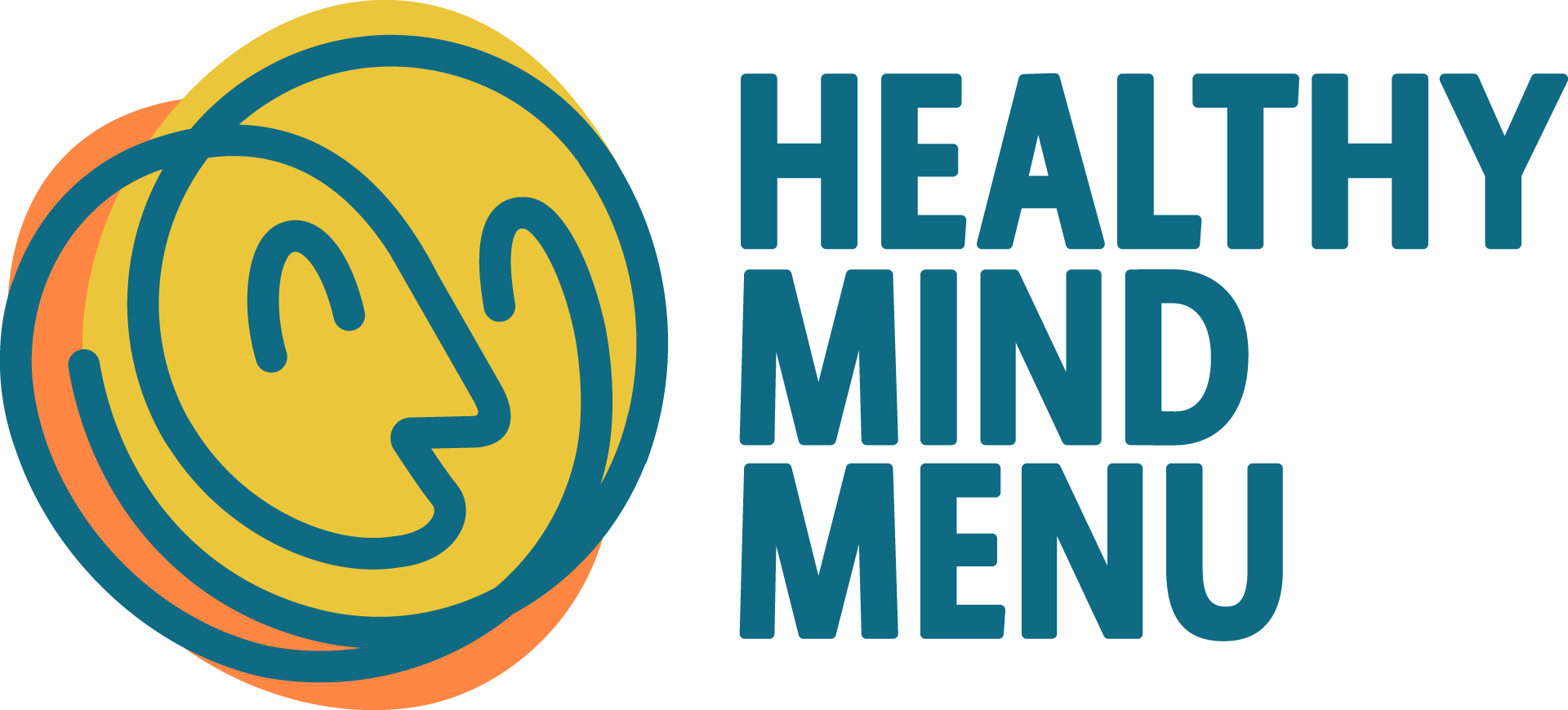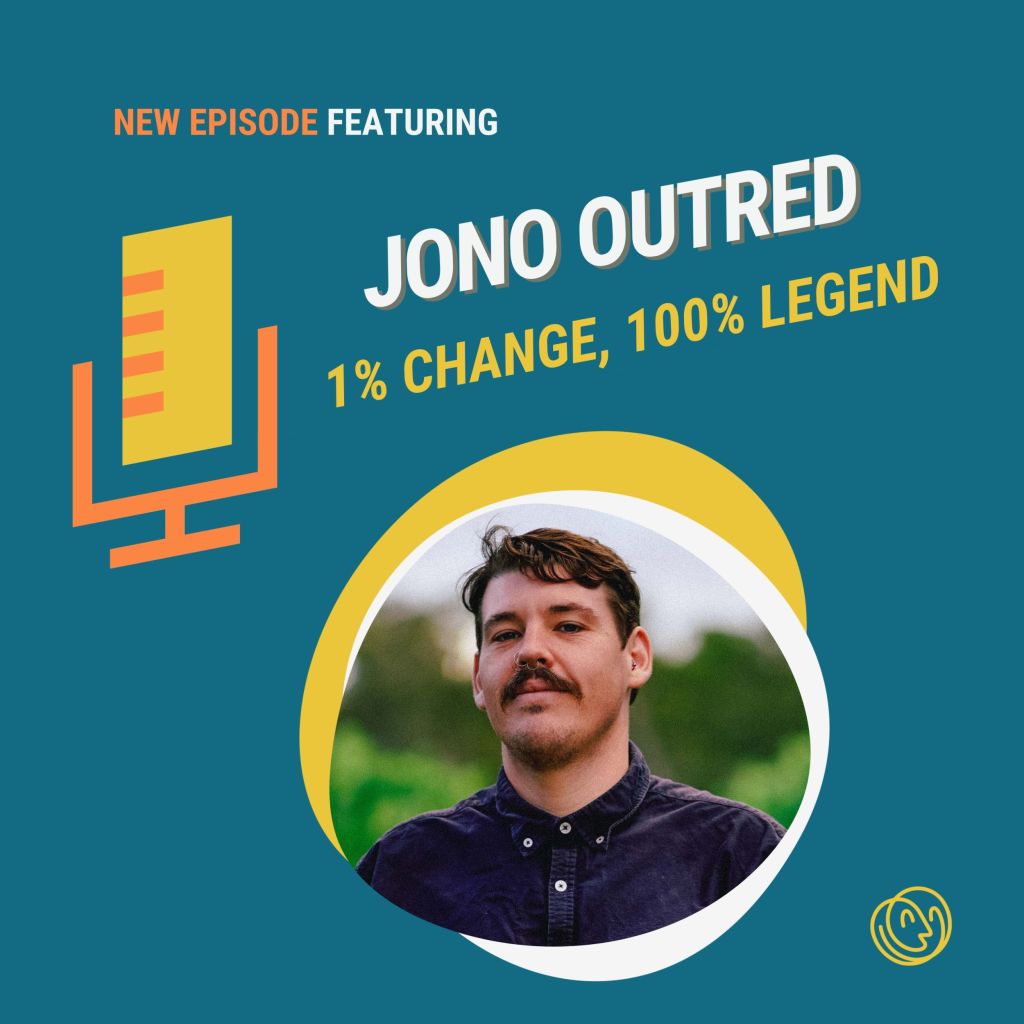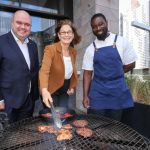Back of House, Front of Mind
“Back of House, Front of Mind” is a podcast presented by Healthy Mind Menu, an industry-led initiative that aims to improve the lives and normalise conversations around mental health for those working in the hospitality industry.
Welcome, Jono
Meet Jono Outred, a small-scale farmer and freelance writer for the food & beverage industry.
Jono spent a decade working as a chef, operating at various levels and capacities. Throughout his career, he encountered numerous remarkable experiences as well as formidable challenges. There were times when he grappled with mental health issues, but these trials also served as invaluable learning experiences. Beyond the mere act of cooking, Jono developed a profound appreciation and love for food and the land on which it’s grown.
An average day for me is busy but fulfilling. Typically I’m up early and spend a few hours writing, on most days I like to get some exercise in as well before getting stuck into my day job, selling beer for a local craft brewery. It’s a job I really enjoy and the role has me on the road meeting lots of people. Once that’s done, I typically do a few things around our farm, cook dinner, and then often do a bit more writing or other stuff in that realm, like editing photos or reviewing beers!
Can you tell us about your career and how you got to where you are today?
My career is varied, I actually basically have three jobs, which I love! After cooking, I got a job in viticulture and I really enjoyed that, I studied wine science and spent about 5 years in that industry. In that time, I fell in love with the agricultural side of growing grapes, an in part that inspired me and my wife to buy a bigger property to grow our own food and get more involved in small scale farming.
Throughout much of this over the past 3 years, I’ve also been working as a freelance writer, mostly covering craft beer food, that really ramped up and I wanted to find a role that could give me the flexibility to spend time doing all the things I enjoy (farming/viticulture is very hands on and you can’t just walk away to fire off a few emails when you want!) so a sales role in craft beer made sense and a brand I really admire was looking, so it all came together nicely!
Explain the reasons why mental well-being has become important to you.
I think most people understand the challenges of being a chef or being in any hospo role. I had a couple of moments in my life that really made me think hard about mental health.
In one instance, I was battling addiction and alcohol abuse after some personal issues came to a head. That time in my life culminated in a suicide attempt when I felt that I couldn’t handle things anymore. Thankfully, I was able to get through all of that, in time, but things still weren’t great.
Later in life, some big stressors in my work resulted in a mild breakdown, and I decided I had to get out of cheffing at least for a while. There were some hard work relationship feelings around this time and walking away was a good move. Not long after this, I started going to therapy and I’m still working on some of the things that took me there, including body image issues, body dysmorphia, and eating disorders, many things people often wouldn’t associate with who I am.
How do you prioritise self-care and balance it with other responsibilities in your life? Work-life balance. (Sleep, nutrition, connectedness, physical activity, downtime)
The short answer is, I don’t often! I’ve learned to cut myself some slack in these areas, as it can be hard to get right! Generally, I’m looking to move my body regularly and to consume lots of different, interesting things. I love to be busy and I love to learn, so reminding myself to do these things in constructive ways is really helpful. My wife is also great for reminding me to rest, but I do also listen to my body and look for the signs that I’m getting exhausted or a bit overwhelmed.
Can you tell us about a person who has had a significant impact on your life?
My wife! Sarah came into my life at a time when I wasn’t at my best, but our relationship formed and grew really organically. Without really trying, Sarah just came from a different world (teaching) and a new perspective helped me think a little differently, with saying that, she wasn’t judgemental or hard on me when I was objectively doing unhealthy things.
There’s also a stack of good friends who have had such positive impacts on me!
What is something you’re currently working on that you’re excited about?
I’m currently expanding my content and consulting business, it’s grown quite organically but I’m excited to do a bit of a rebrand and put some more time and resources into my website, resources, etc. I’ve also had a book idea floating around in my head and I’m hoping over the next I’ll have a few more words down!
If you could simplify your philosophy on life, how are you living? What do you tell yourself each morning when you wake up?
I don’t have much of a philosophy and I know it doesn’t work for everyone, but I’m a 1% kind of guy. I find things way easier to manage if we break the big things down into small chunks, and improvements come easier if we just chip away a little at a time. I apply this a lot to my scheduling and organisational stuff too, I find it easier to manage large volumes of work if I get ahead of it and do things a bit at a time.
Another thing I really believe in is localising global problems. Sometimes the big, insurmountable issues in the world don’t feel solvable, but I truly believe that if we (at least those who are privileged enough to do so) tackle these problems on a local scale we can make huge collective change.
How do you approach goal setting and achieving success?
I’m big on lists, probably a hangover from cheffing! But similar to the last question, breaking goals down into smaller, easier-to-achieve goals helps me to tackle the bigger ones. As for success, I think that is a subjective thing, and I try to reframe what success is at every stage of the goal-setting process. Sometimes we ‘fail’ but looking at our failure and assessing why it happened is more important, I don’t stress too much about being ‘successful’.
What does healthy hospitality mean to you?
I think we need to be open and honest. There are a lot of easy to identify examples of unhealthy hospitality and a lot of focus is put on that, but I wonder if we’re drawn in by negative bias. I think hard conversations need to be had and we need to hold people accountable for the negative stuff.
But I think healthy hospitality is growing, which is great, and to me it means putting people first first and foremost.





